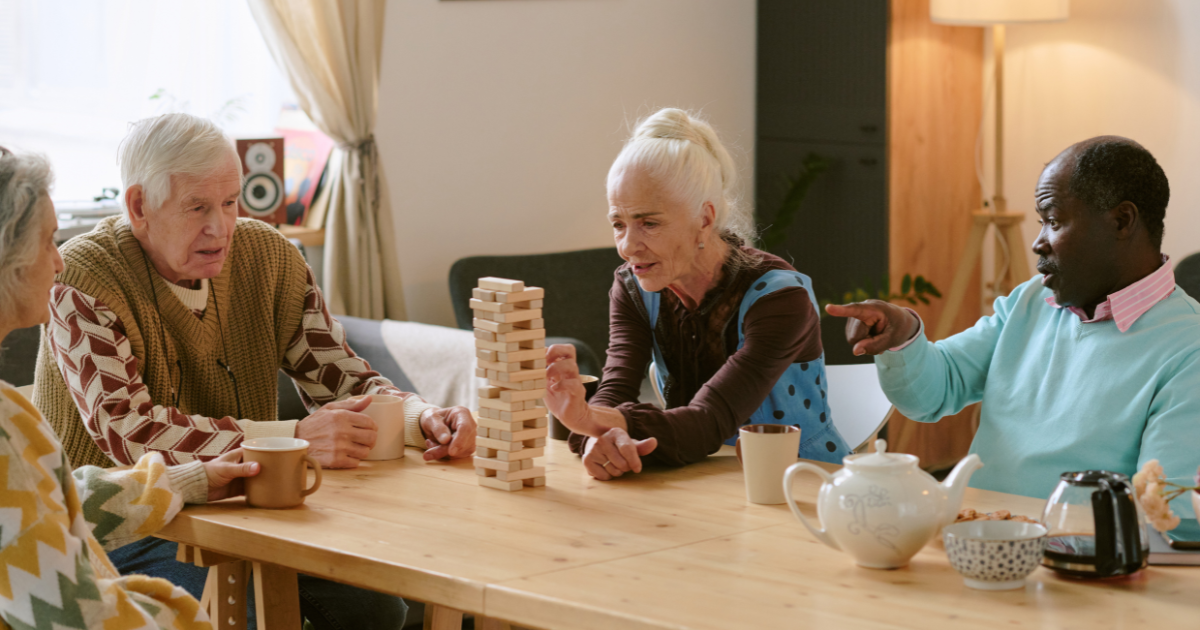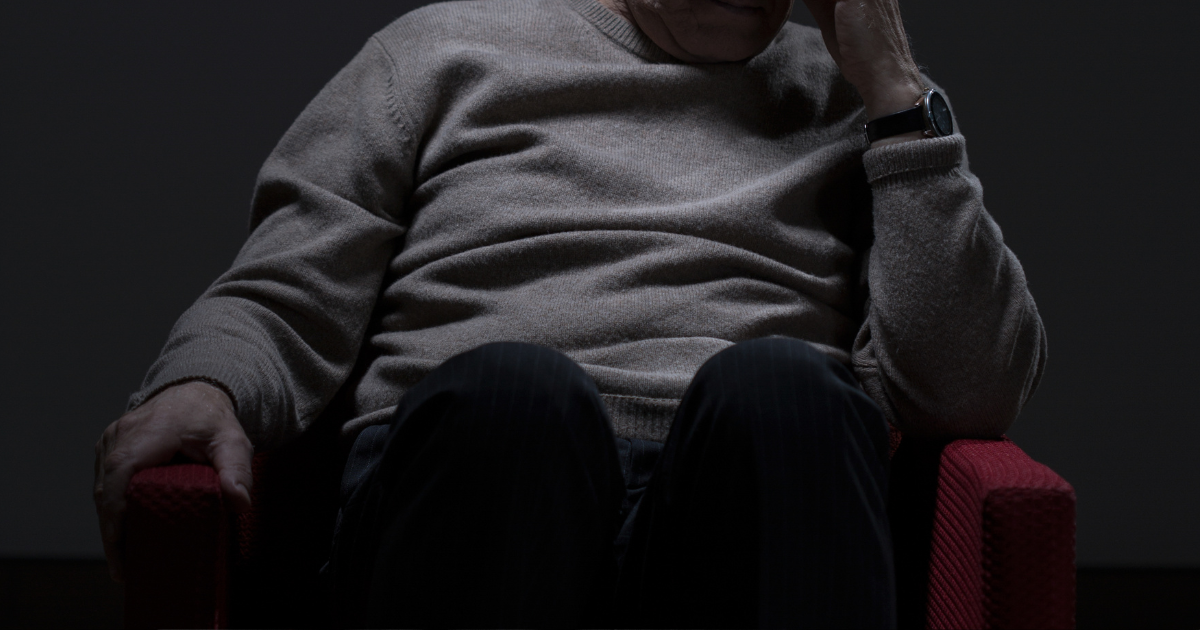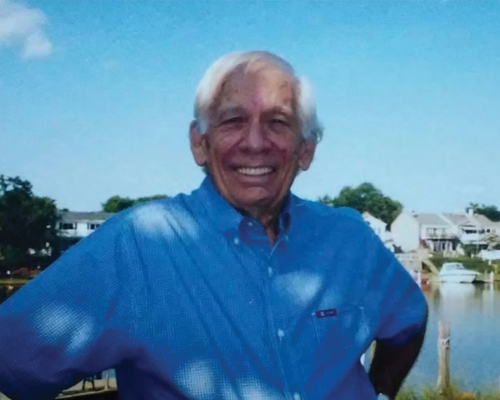CHAPTER 7 - With Malice Aforethought
After three days in the hospital recovering from a severe infection, Rob was taken to a rehab facility by his daughter, Dotty - against his wishes. Almost everyone, if given a choice between returning to their home or going to stay in a facility, would choose home, although some might really need to go there before returning home. Rob did not need to go to a live-in rehab facility. Rob was not given a choice. He was walking, dressing, caring for himself and clear-headed at the time of his discharge from the hospital.
He needed only time to recover his strength and mobility. There was no permanent damage. He would have done well with support from me and some short-term, part-time home care help. He could, if needed, have gotten in-home rehab services. It was puzzling that Dotty chose otherwise. Puzzling at the time, but only too clear later, when it was too late.
SHE HAD A PLAN. HE DIDN’T
Anyone who knew Rob knew that he would choose home care. Dotty claimed to have researched costs and benefits of home care and institutional care. (I have documented some conversations and texts from Dotty, showing her “exaggerations” about home care costs.) She packed up his things and installed him in a place which she said was “the best”. It was far from the best, but was conveniently located close to her home. It was 40-50 minutes away from our neighborhood. I went every day and spent hours with him and tried to help in any way possible.
While in rehab, Rob did not need a wheelchair but was always transported in one and not encouraged to walk around. This was counter-productive, as the physical therapy sessions were to help him regain his normal activities? He was up and dressed every day and since he had no infections while there, he must have had the proper supplies and adequate help in handling them. He was in this place for 30 days. He hated it. The aides were hard-working and pleasant, but the place was obviously understaffed. It was also shabby and dirty. But the worst was yet to come.
COLD COMFORT
His single room had a bed, a closet, a “dresser”, a half-bath, and one small window with a broken shade. The shower room for the patients was down a long hallway from his room. He was taken there in a wheelchair and was not dressed after showering, not even with a robe and slippers. He, like other patients, was simply swathed, barefoot and damp, in something towel-like. The aides then actually ran with him, in his wheelchair, back to his room. It took him a long time to warm up and dry off.
He was taken to a physical therapy session every day, which he did not enjoy, but it seemed to be helping him. His meals were always eaten in his room. He spent the rest of his time in bed. There was no intercom to communicate with the staff; there was only a very ineffective call button with which to summon help. The overworked staff had to answer in person, so it often didn’t happen. There was no room telephone. I don’t know if arrangements could be made to get one but Dotty didn’t. Although he did not need critical care, the constant waiting, lack of attention, and loss of his usual routines were tiresome
DEPENDENCE DAY
During his stay there, he saw only me, staff members, his daughter, and her husband. Only a few times did friends visit. I thought it was because it was a long drive for them, but later found that Dotty might have been discouraging visitors. I had seen him almost daily for the past five years, and had helped him with some health problems, but Dotty never told me her plans for him and never included me in any evaluations or conferences with the staff.
When I asked his daughter if I could take him outside for a walk – he loved the outdoors and his long walks – she said no. I could see no reason, because he wasn’t ill. Rob never disagreed with her. He was silent and did not respond whenever I encouraged him to speak up. I also was reticent, because I did not want to worry Rob or anger her. He was temporarily dependent on her. I thought that, although he was a virtual prisoner, he would benefit from the physical therapy and then could go home. Again, I was so wrong.
THE AWFUL TRUTH
I was still blindly unaware of his daughter’s ultimate goal, but the hate and resentment, which had been simmering for who knows how long, had begun to surface. She was his only child and would get everything he owned when he died. But when? Nothing had improved when she took over his health care. It was a nuisance for her to see to his medical needs and she had to cancel one of her perpetual cruises. But here he was, 86 years old, had survived several bouts of cancer, open heart surgery, septicemia, and was still going strong. And even had a new love in his life. And maybe he was spending a lot of money on that new love?
She had a plan. She was tired of taking him to doctors (and once to the emergency room.) It interfered with her socializing and her cruises. And she, as it turned out, needed money. Her husband was often on the phone when I saw him – trying to get money refunded from their aborted cruise.
She did not want Rob to recover. She did not want him to ever return to his home. This was the start of her unrelenting goal, fueled by lies and threats, to end his life. The horror of it dawned slowly on me and I tried to stop it. But I couldn’t.
PLAN WHILE YOU CAN – START NOW – FIRST STEP
- Think of one person you might trust to take care of you if you become unable to care for yourself.
- Think of two more trustworthy people.
- Think of where and how you would want to live if disabled physically.
- Think of where and how you would want to live if you had dementia.
- Write it all down.
✔Senior Rehab: Better Care Options After a Hospital Stay
A Place for Mom, May 14, 2024

















